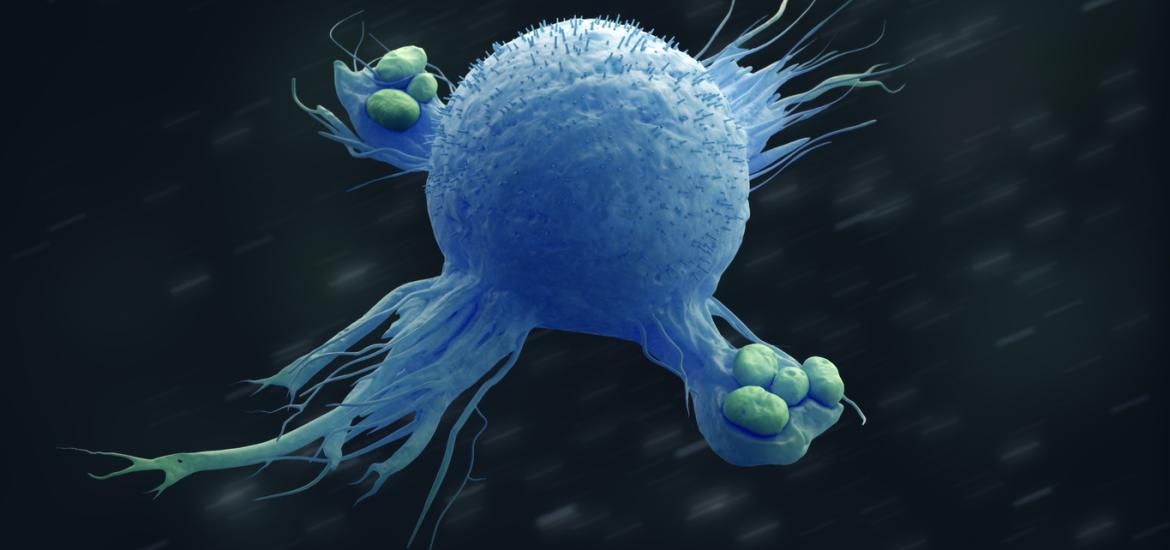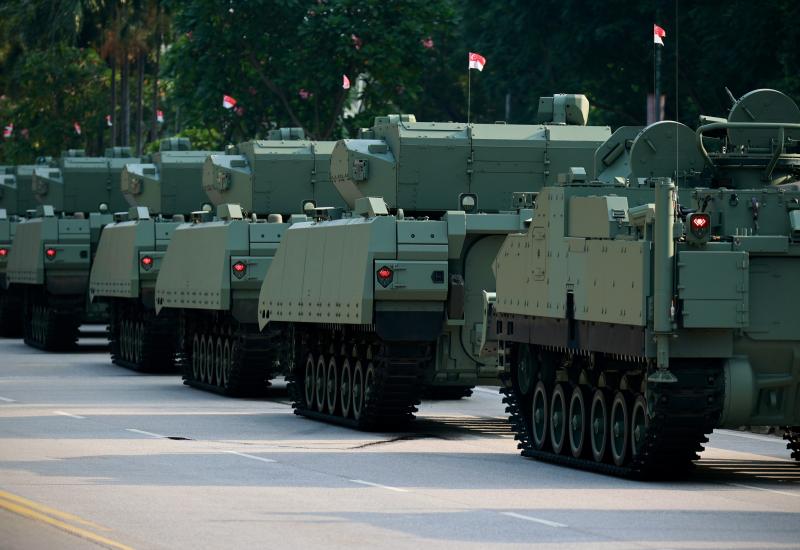
A new myeloid cell engager enters the clinic
After Dren secured buy-in from Novartis, LTZ becomes a clinical player.
After Dren secured buy-in from Novartis, LTZ becomes a clinical player.

CD79b remains a surprisingly unpopular target for drug development, with Roche's Polivy approved and just three other clinical-stage ADCs in development, but now the private Chinese biotech LTZ Therapeutics is taking a new twist. This features an anti-CD79b myeloid cell engager antibody, LTZ-301, which is to enter a non-Hodgkin's lymphoma trial next month.
The study, revealed in a new listing on clinicaltrials.gov, comes after LTZ secured $40m in a series A financing round in April, cash the company said would be directed towards its myeloid cell engager pipeline. The other key player in myeloid cell engagers is Dren Bio, which last year struck a deal with Novartis worth $125m up front plus $25m in equity.
Neither LTZ nor Dren have publicly revealed how their bispecific MAbs engage both their target antigen and myeloid cells. However, patent filings suggest that LTZ achieves this by hitting the protein CLEC5A (also known as MDL-1), while Dren does it by targeting CLEC7A (Dectin-1).
LTZ, whose pipeline also includes an anti-EpCAM asset, says only that its engagers "activate innate receptors on myeloid cells" like macrophages. The company has convinced sufficiently to secure buy-in from Lilly, which paid it an undisclosed amount in an autoimmune discovery alliance signed in July.
Mystery
A couple of first-in-human mysteries also feature, one being HengRui's SHR-7782, which is starting a solid tumour trial. This follows the entry of another HengRui asset with an undisclosed mechanism, SHR-4506, into its own first-in-human trial.
The mechanism of Gilead's GS-5319 is undisclosed, but its phase 1 study is in MTAP-deficient solid tumours, suggesting that this molecule is a PRMT5 or MAT2A inhibitor. Another formally undisclosed, but likely PRMT5/MAT2A inhibitor, CR Double-Crane's DC50292A, started phase 1 in MTAP-deleted solid tumours in June.
Recently disclosed first-in-human studies*
| Project | Mechanism | Company | Trial | Scheduled start |
|---|---|---|---|---|
| OBI-902 | TROP2 ADC | OBI Pharma | Solid tumours | 11 Aug 2025 |
| SHR-7782 | Undisclosed | HengRui | Solid tumours | Aug 2025 |
| GS-5319 | Undisclosed (likely PRMT5 or MAT2A inhibitor) | Gilead | MTAP-deficient solid tumours | Aug 2025 |
| CRN09682 | SSTR2 non-peptide drug conjugate | Crinetics | Bravesst-2, SSTR2-expressing neuroendocrine & solid tumours | Aug 2025 |
| Unnamed | CAR-γδ T cells | Guangzhou Bio-gene | Relapse prevention in high-risk AML post-transplant | 1 Sep 2025 |
| 177Lu-R11228 | Undisclosed Lu-177 radioconjugate | Radionetics Oncology | Breast cancer (also tests 68Ga-R11228 diagnostic) | 15 Sep 2025 |
| LTZ-301 | CD79b myeloid cell engager bispecific MAb | LTZ Therapeutics | Non-Hodgkin lymphoma | Sep 2025 |
Note: *projects newly listed on the clinicaltrials.gov database between 13 and 19 Aug 2025.
Meanwhile, with Daiichi Sankyo/AstraZeneca's Datroway next month starting another phase 3 trial, and Kelun/Merck & Co's sacituzumab tirumotecan being studied in an even bigger pivotal effort, the entry of yet another anti-TROP2 ADC into the clinic might go unnoticed.
But that's what China's OBI Pharma is doing with its contender, OBI-902, which began a solid tumour study this month. OBI-902 becomes OBI's first clinical-stage ADC, and biopharma's 28th TROP2-directed ADC in clinical trials, according to OncologyPipeline; there are now no fewer than 61 such projects in development across the industry.
The last one to start clinical trials before OBI-902 was Innovent's IBI3014, an ADC that hits PD-L1 as well as TROP2. In general ADC development across all targets continues apace, with a recent analysis showing the entry of nine conjugates into their first clinical studies.
The latest listings also show the start of phase 1 for a non-peptide conjugate, namely Crinetics' CRN09682. This hits SSTR2, and is to be studied in SSTR2-expressing neuroendocrine and solid tumours.
Crinetics is a Nasdaq-listed biotech, but its primary interest isn't oncology. Its focus is on endocrine diseases, and its lead asset is the SSTR2 agonist paltusotine, which is in phase 3 for acromegaly as well as for carcinoid syndrome due to neuroendocrine tumours.
2482













